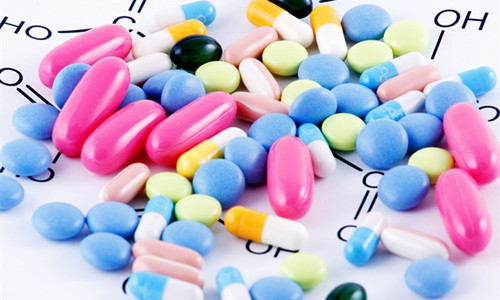Merck KGaA taps UK cancer research organizations to feed pipeline
January 23, 2018
Source: Endpts
 839
839

After an R&D drought that lasted more than a decade, Merck KGaA may be coming out of the desert. Following two recent drug approvals, including the landmark FDA OK for checkpoint inhibitor Bavencio, the German Merck is now entering an R&D collaboration that might help fill its pipeline with new cancer drug contenders.
The company is teaming up with Cancer Research UK and the Institute of Cancer Research, London for three research projects and a licensing deal. The group will be doing discovery-stage work looking for targets and preclinical candidates.
Under the deal, Merck has worldwide rights to take molecules discovered through the collaboration through clinical development. Cancer Research UK and the ICR could get milestone payments if they reach certain R&D, regulatory and sales goals. They’re also eligible to receive royalty payments on net sales of future products.
“This collaboration with Merck and one of Cancer Research UK’s major drug discovery units will help accelerate the development of potential new therapies for cancer patients,” said Iain Foulkes, Cancer Research UK’s executive director of research and innovation, in a statement. “It is an exciting example of how successful academic networks and the scale of industry can combine to advance scientific and clinical discoveries.”
Merck KGaA, which has one of the worst R&D track records of any biopharma its size, started to improve its reputation when it won FDA approval of Bavencio last year in a program partnered with Pfizer. Then its MS laggard cladribine snagged a notable approval in Europe. Now it appears the drugmaker will focus its resources on an oncology pipeline. So long as the focus remains fixed on the future, Merck KGaA continues to look good.
By Ddu
Read more on
- Disposable Medical Products that Keep Your Medical Facility Clean and Sterile March 31, 2022
- 10 Triumphant Drug Launches Of The Decade August 26, 2021
- CRUK researchers develop new early-stage rectal cancer treatment December 12, 2020
- Ultrasonic Nebulizer Market Views September 6, 2018
- 4 Best-Selling Digital Thermometers on Drugdu.com in 2018 September 5, 2018
your submission has already been received.
OK
Subscribe
Please enter a valid Email address!
Submit
The most relevant industry news & insight will be sent to you every two weeks.



